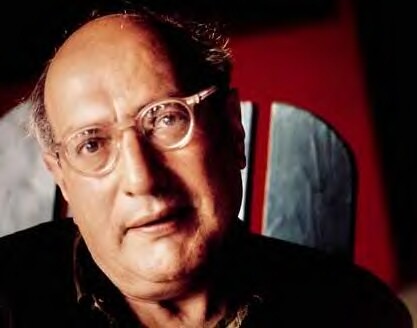Extreme Sports as a Context of Implicit Whiteness
A reader sent along this video of Jeb Corliss, an extreme athlete, flying through the Alps.
httpv://www.youtube.com/watch?v=TWfph3iNC-k
Here’s extreme surfer Laird Hamilton surfing waves so big that he has to be towed into the path of the wave.
httpv://www.youtube.com/watch?v=pYQQtxb8wv0&feature=related
Corliss and Hamilton are White, and being White seems to be part of a pattern for extreme athletes. The reader also sent a link for Revolt of the White Athlete: Race, Media, and the Emergence of Extreme Athletes in Amerca (2007), an academic book on the phenomenon which is predictably bogged down with words like ‘interrogate’ (as in “interrogating the racial, gender, and nationalistic aspects of Generation X discourse) and using ‘privilege’ as a verb (as in a complaint about a scholar who [Gasp!] “implicitly privileged the contributions, perspectives and interests of white men over and against all others”).
The author is Kyle Kusz who was rewarded for his efforts by being nominated for the Multicultural Center Diversity Award at the University of Rhode Island where he teaches. Kusz notes that he was inspired to enter the field of cultural aspects of sports by taking a sport sociology class taught by Dr. Stephen Mosher at Ithaca college.
What we have here is a clear case of implicit Whiteness, but of course Kusz takes a typical cultural Marxist attitude towards his subject.
Extreme athletics is where “white everymen perform supra-normal athletic feats in high-risk sporting activities like BASE jumping and sky surfing. Extreme sports are also portrayed as sporting activities which have revived a sense of traditional American masculine values and pursuits: rugged individualism, conquering new frontiers, and achieving individual progress” (p. 63). Predictably, for Kusz, engaging in such sports by Whites is the politics of backlash and resentment that “attempt to deny the racialized privileges of whites while masking (and thus ensuring the reproduction of) asymmetrical relations of power in the present. [They are also an attempt] to reverse the minimal gains made by historically marginalized groups since the 1960s” (p. 69).







